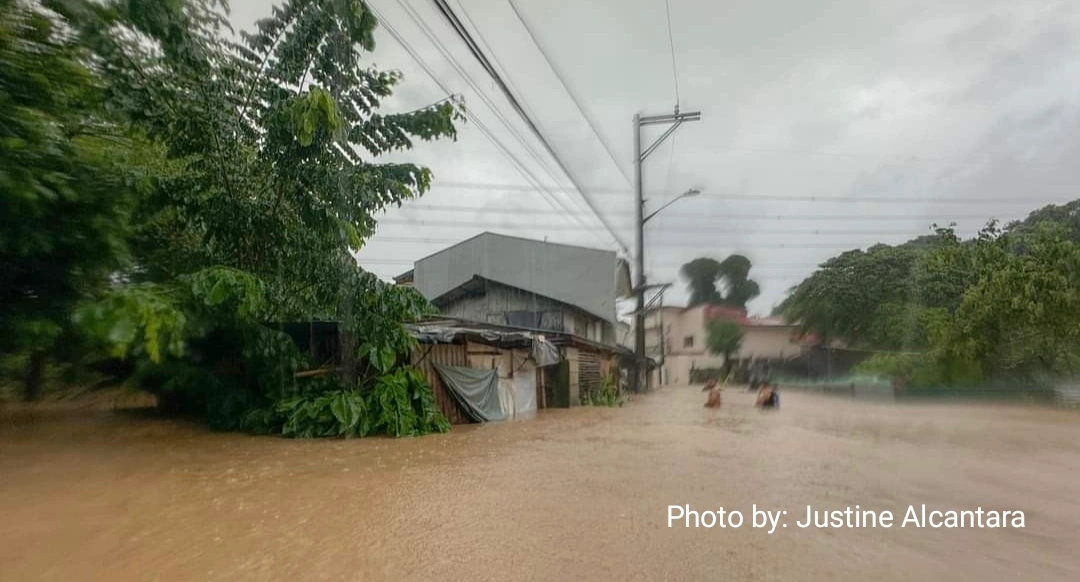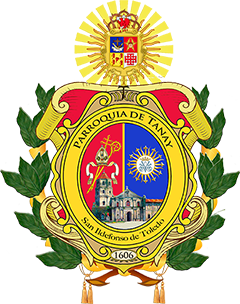Addressing Modernization: Lessons from Tropical Storm Enteng and ‘Laudato Si’
By SIDTP SoCom
Published on September 5, 2024
The recent Tropical Storm Enteng has caused extensive damage and severe flooding in Rizal, with some comparing its impact to the devastation of Typhoon Ondoy in 2009. As we navigate the aftermath of this storm, it’s crucial to reflect on the broader issues of modernization and deforestation that are affecting our environment and communities.
Modernization, while beneficial in many ways, often leads to the expansion of urban areas and infrastructure development. This expansion frequently comes at the cost of natural landscapes, as forests are cleared to make way for roads, buildings, and other projects. Trees play a critical role in managing rainwater; they absorb a significant amount of water and help to slow its runoff. When these trees are removed, there is less natural cover to absorb rainfall, which increases the risk of flooding.
In areas like Barangay Sampaloc, which was once considered relatively safe from flooding due to its elevation, the loss of trees and natural land has made it increasingly vulnerable. The environmental changes driven by development have altered how water is absorbed and managed, leaving these areas more prone to severe flooding.
The impact of deforestation extends beyond flooding. Forests also play a vital role in maintaining biodiversity and regulating the climate. The removal of trees disrupts these systems, leading to a loss of habitat for wildlife and contributing to the broader issue of climate change. As temperatures rise and weather patterns become more unpredictable, events like Tropical Storm Enteng are likely to become more frequent and intense.
Pope Francis, in his 2015 encyclical “Laudato Si’,” addresses these environmental concerns and provides valuable guidance. He notes that environmental issues disproportionately affect the poorest and most vulnerable people and emphasizes that caring for the environment is closely linked to promoting justice and fairness. His encyclical urges a reevaluation of our relationship with nature and encourages a shift towards practices that respect and protect our planet.
“Laudato Si’” introduces the concept of “integral ecology,” which calls for an understanding of how our actions impact both the environment and human lives. Pope Francis advocates for a shift from exploiting natural resources to protecting and preserving them. This approach encourages us to adopt sustainable practices that ensure the well-being of our planet and future generations.
As responsible Catholics, we are called to act in accordance with our faith’s teachings on stewardship and care for creation. This means acknowledging our role in contributing to environmental degradation and actively seeking ways to minimize our impact. By integrating the principles of “Laudato Si’” into our daily lives, such as reducing waste, supporting sustainable practices, and advocating for policies that protect natural resources, we can fulfill our moral obligation to care for God’s creation.
Implementing these principles requires a collective effort from individuals, communities, and governments. Sustainable development practices should be prioritized, and policies must reflect a commitment to environmental stewardship. This can involve investing in green infrastructure, protecting natural areas, and promoting community-based initiatives that enhance resilience to natural disasters.
In light of Tropical Storm Enteng, it is an opportune moment to reconsider how our development practices influence environmental issues. By embracing the principles outlined in Laudato Si’, we can work towards achieving a more sustainable balance between progress and nature. It is essential to make thoughtful choices that safeguard our environment, not only for our own benefit but also for the well-being of future generations.
As Catholics, embracing our role as caretakers of the earth means living out our faith through actions that reflect our commitment to justice and stewardship. Let us use this moment to reaffirm our dedication to environmental responsibility, ensuring that our choices contribute to a healthier, more resilient world for all.



